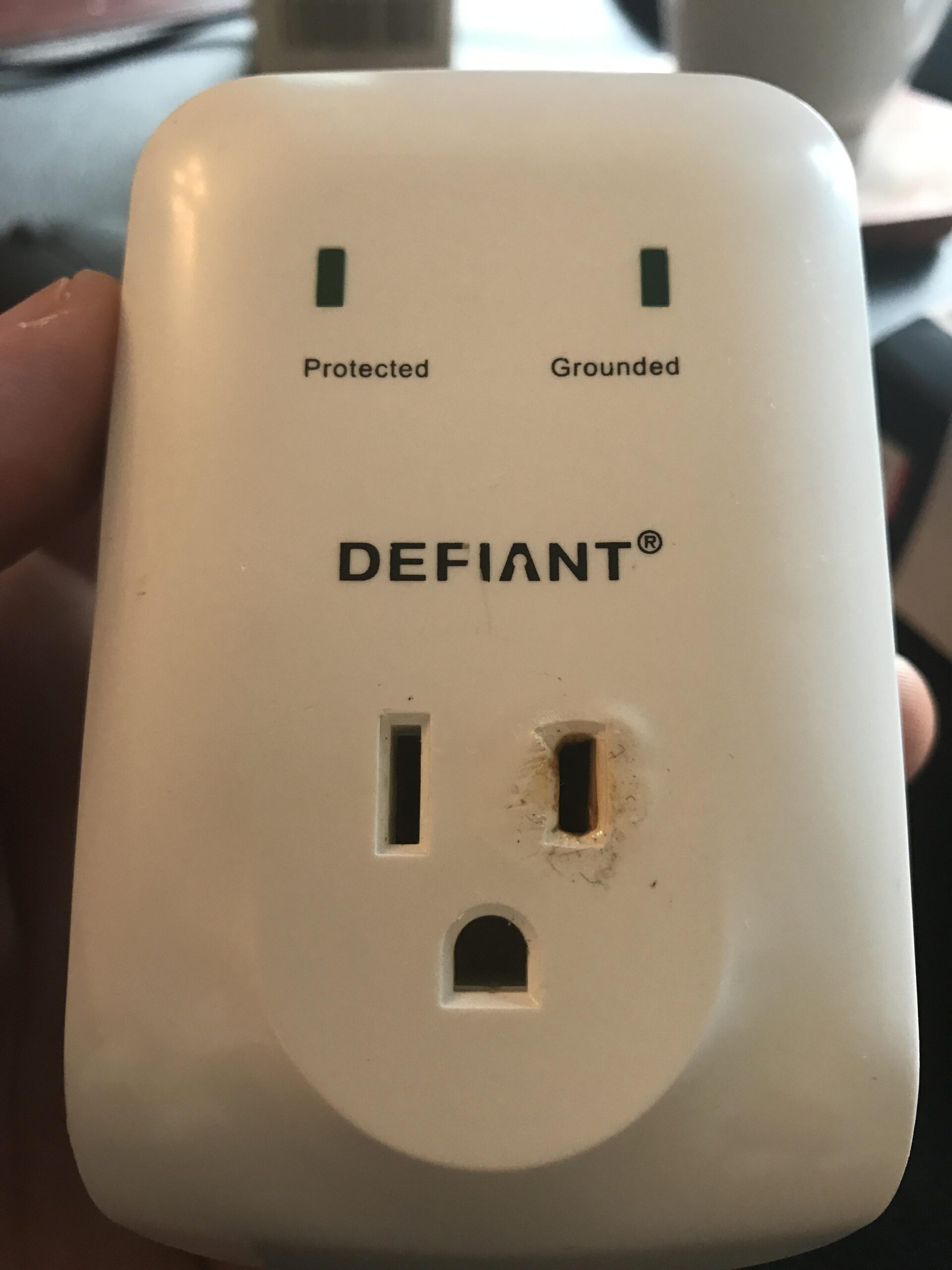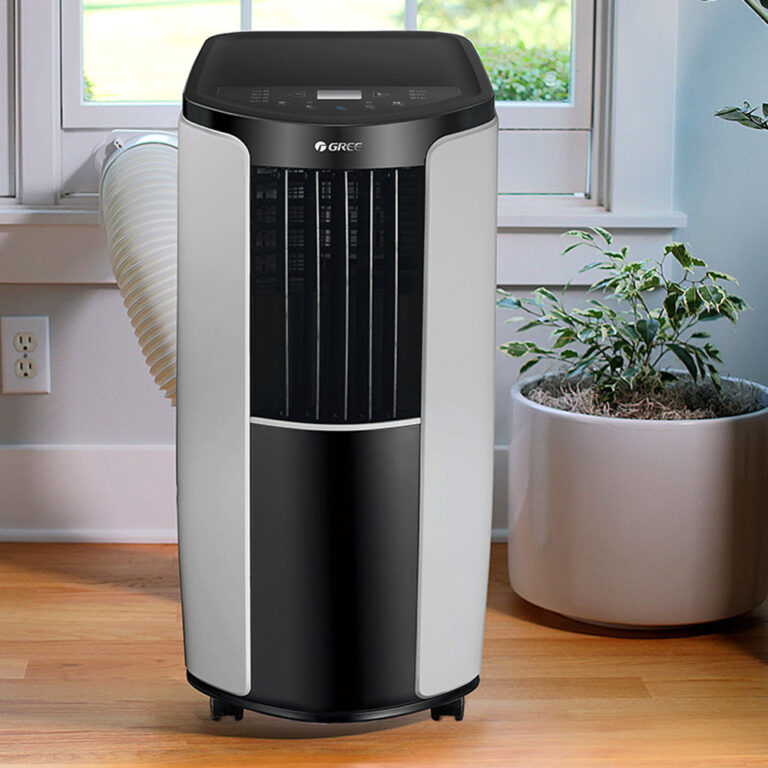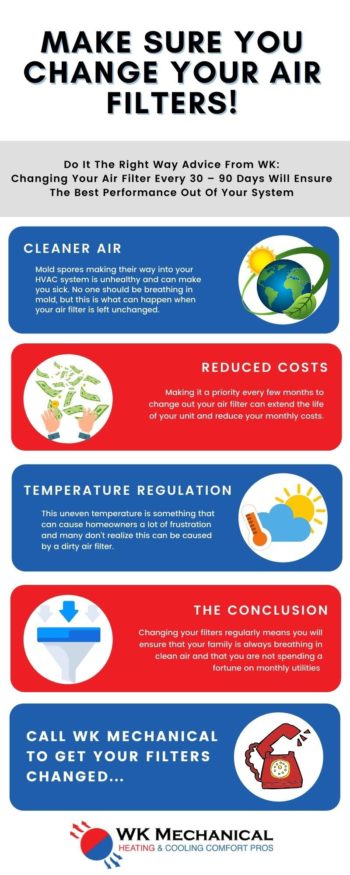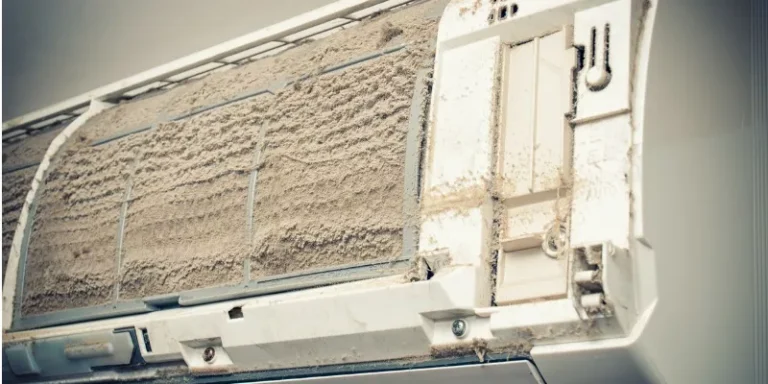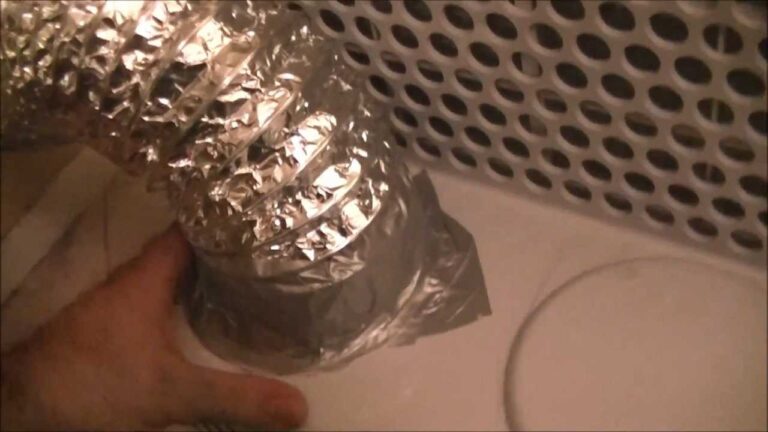Can I Plug My Air Conditioner Into A Surge Protector: Safety Tips
No, you should not plug your air conditioner into a surge protector. Air conditioners require a dedicated outlet.
Air conditioners draw significant power and can overload a surge protector, posing fire risks. Surge protectors are designed for low-power devices like computers and televisions. Plugging high-power appliances into them can lead to overheating and potential damage. A dedicated outlet ensures your air conditioner operates safely and efficiently.
This setup helps avoid electrical issues and ensures optimal performance. Always consult the air conditioner’s manual for proper usage guidelines. Proper installation and usage extend the lifespan of your appliance and maintain safety in your home. For peace of mind, consider consulting a licensed electrician.
Air Conditioners And Power Requirements
Understanding your air conditioner’s power requirements is crucial for safe operation. Air conditioners consume significant power, and using them with a surge protector requires careful consideration. This section explores the key aspects of power consumption and voltage requirements.
Power Consumption
Air conditioners vary widely in power consumption. Smaller units may use around 500 watts, while larger units can consume over 2000 watts. Knowing your unit’s wattage helps determine the suitability of using a surge protector.
- Small units: 500-1000 watts
- Medium units: 1000-1500 watts
- Large units: 1500-2000+ watts
Check the label on your air conditioner for exact details. It usually lists the power consumption. High power consumption can stress surge protectors, possibly causing them to fail.
Voltage Considerations
Air conditioners typically require a specific voltage to operate correctly. Most home units use 110-120 volts, while larger units may need 220-240 volts. Ensuring your surge protector can handle the voltage is essential.
| Unit Size | Voltage Required |
|---|---|
| Small Units | 110-120 volts |
| Large Units | 220-240 volts |
Using a surge protector rated for the correct voltage ensures safe operation. Always check the voltage rating before plugging in your air conditioner.

Credit: protechhvachome.com
Surge Protectors: An Overview
Surge protectors are essential for safeguarding electronic devices. They prevent damage from electrical surges. Understanding their functionality and types is crucial.
Functionality
Surge protectors work by diverting excess voltage. They direct it away from connected devices. This protects your gadgets from voltage spikes.
They typically contain a component called a MOV (Metal Oxide Varistor). The MOV absorbs excess voltage. This prevents it from reaching your devices.
Surge protectors also have a clamping voltage rating. This indicates the voltage level at which they activate. Lower clamping voltage means better protection.
Types Available
Various types of surge protectors exist. Each serves different needs. Here are the main types:
- Basic Surge Protectors: These offer basic protection. Suitable for small electronics.
- Advanced Surge Protectors: They provide higher protection levels. Ideal for computers and home theaters.
- Whole-House Surge Protectors: These protect the entire home. Installed at the main electrical panel.
- Travel Surge Protectors: Compact and portable. Perfect for travelers.
Choosing the right type depends on your needs. Consider the devices you need to protect.
Risks Of Using Surge Protectors With Ac Units
Many people wonder if they can plug their air conditioner into a surge protector. While this seems like a good idea, there are several risks. Understanding these risks can help you make an informed decision.
Potential Hazards
Plugging an air conditioner into a surge protector can be risky. Air conditioners draw a lot of power. Surge protectors may not handle this power well. This can cause overheating and even fires.
Here are some potential hazards:
- Overheating: Surge protectors are not built for high-power devices.
- Fire Risk: Overloaded surge protectors can cause fires.
- Device Damage: An air conditioner can damage a weak surge protector.
Common Misconceptions
Many people think surge protectors are safe for all devices. This is a common misconception. Surge protectors are great for small electronics. They are not always safe for high-power devices like air conditioners.
Here are some common misconceptions:
- All Surge Protectors Are the Same: Different devices need different surge protectors.
- More Outlets Mean More Power: Extra outlets do not increase power capacity.
- Surge Protectors Prevent All Damage: They do not stop all electrical issues.
Always check the power needs of your air conditioner. Make sure your surge protector can handle it. This can prevent many risks and keep your home safe.
Manufacturer Guidelines
Understanding the Manufacturer Guidelines is crucial before plugging your air conditioner into a surge protector. These guidelines ensure the safety and proper functioning of your AC unit.
Ac Unit Instructions
Always refer to your air conditioner’s manual. The manual often has specific instructions about power sources. Some manufacturers explicitly state not to use a surge protector. They may explain that the AC unit already has built-in surge protection. Ignoring these guidelines can void the warranty.
Surge Protector Recommendations
If the manual allows using a surge protector, choose one carefully. Look for surge protectors with high joule ratings. Higher joule ratings mean better protection against power surges. Ensure the surge protector is designed for heavy-duty appliances. Standard protectors may not handle the power needs of an AC unit.
| Feature | Recommendation |
|---|---|
| Joule Rating | 2000 joules or more |
| Design | Heavy-duty, suitable for large appliances |
| Warranty | Check for a surge protector with a good warranty |
Follow the manufacturer’s guidelines and choose the right surge protector. This ensures the safety and longevity of your air conditioner.
Safety Measures
Using a surge protector for your air conditioner can prevent damage. Follow these safety measures to ensure a secure setup and long-lasting appliance.
Proper Installation
Ensure your surge protector is rated for high-power devices. Not all surge protectors can handle the power of an air conditioner.
- Check the wattage rating of your air conditioner.
- Ensure the surge protector matches or exceeds this rating.
Position the surge protector in a well-ventilated area. Avoid placing it near water or heat sources.
| Installation Step | Details |
|---|---|
| Check Ratings | Ensure both devices are compatible. |
| Position Safely | Keep away from water and heat. |
| Secure Connections | Ensure plugs are tight and secure. |
Regular Maintenance
Regular maintenance ensures the longevity of your surge protector and air conditioner.
- Inspect the surge protector for any damage.
- Clean dust and debris from both devices.
- Test the surge protector periodically.
Replace the surge protector if you notice any signs of wear or damage. Regular checks can prevent potential hazards.
Alternative Solutions
Plugging your air conditioner into a surge protector might not be safe. There are better alternatives to protect your AC unit and ensure it functions properly. Here are two effective solutions: dedicated circuits and power conditioners.
Dedicated Circuits
Dedicated circuits are designed to handle heavy loads. They ensure your air conditioner gets enough power without overloading. This method reduces the risk of electrical fires and prevents tripping your circuit breaker.
- Prevents electrical overload
- Reduces risk of fire
- Ensures consistent power supply
Consider hiring a licensed electrician. They can install a dedicated circuit for your air conditioner. This is a safe and effective solution for large appliances.
Power Conditioners
Power conditioners protect your air conditioner from voltage spikes. They also improve the quality of power your AC unit receives. This can extend the lifespan of your appliance.
- Protects against voltage fluctuations
- Improves power quality
- Prolongs appliance lifespan
Power conditioners provide cleaner and more stable electricity. This ensures your air conditioner operates efficiently. You can buy power conditioners at most hardware stores.
Using these solutions, you can protect your air conditioner effectively. Choose the one that best fits your needs and ensures safety.
Signs Of Electrical Issues
Understanding the signs of electrical issues can help prevent serious problems. Knowing these signs ensures your air conditioner works safely. Below are the key warning signs and immediate actions to take.
Warning Signs
- Flickering lights: Lights dim when the air conditioner starts.
- Burning smell: Unusual odors near the plug or unit.
- Warm outlets: Outlets feel hot to the touch.
- Frequent tripping: Circuit breakers trip often.
- Sparks: Sparks appear when plugging in the air conditioner.
Immediate Actions
Taking immediate actions can prevent further damage. Follow these steps if you notice any warning signs:
- Unplug the air conditioner immediately.
- Inspect the outlet for any visible damage.
- Check the circuit breaker and reset if tripped.
- Call a licensed electrician for further inspection.
- Use a surge protector designed for high-power appliances.
| Warning Sign | Immediate Action |
|---|---|
| Flickering Lights | Check other appliances and call an electrician. |
| Burning Smell | Unplug and inspect the outlet immediately. |
| Warm Outlets | Stop using the outlet and call for help. |
| Frequent Tripping | Check the circuit breaker and reset if needed. |
| Sparks | Unplug and avoid using the outlet. |

Credit: www.eazybreezyheat-ac.com
Expert Advice
Wondering if you can plug your air conditioner into a surge protector? Experts have various opinions. Let’s dive into their advice on this important topic.
Consulting Professionals
Consulting professionals can provide valuable insights. They understand electrical systems well. Electricians often recommend checking the manufacturer’s guidelines. These guidelines usually state if surge protectors are suitable. HVAC technicians also have relevant expertise. They can assess the electrical load of your air conditioner.
Here is a simple table to understand their advice better:
| Professional | Key Advice |
|---|---|
| Electrician | Check manufacturer guidelines. |
| HVAC Technician | Assess electrical load. |
Long-term Safety
Considering long-term safety is crucial. Surge protectors can prevent electrical fires. They protect against power surges. But, air conditioners draw a lot of power. This can stress the surge protector. Overloading can cause problems.
Some important safety tips:
- Always use a surge protector with the correct wattage rating.
- Ensure the surge protector is UL-listed for safety.
- Regularly check the condition of the surge protector.
Following these tips ensures safety and prevents hazards. Regular checks can help spot wear and tear early. This helps maintain a safe environment for your air conditioner.

Credit: completecomfortgo.com
Frequently Asked Questions
Is It Safe To Plug An Ac Into A Surge Protector?
Plugging an AC into a surge protector is generally safe. Ensure the surge protector can handle the AC’s power requirements. Always check the manufacturer’s recommendations.
What Kind Of Surge Protector Do I Need For An Air Conditioner?
You need a heavy-duty surge protector with a minimum of 20 joules and 15-amp capacity for an air conditioner.
Is It Safe To Plug An Air Conditioner Into An Extension Cord?
Plugging an air conditioner into an extension cord is unsafe. Use a dedicated wall outlet to prevent fire hazards.
Conclusion
Plugging your air conditioner into a surge protector is not recommended. Surge protectors may not handle the high power. Always consult the manufacturer’s guidelines. Using a dedicated circuit for your air conditioner is safer. Prioritize safety to prevent potential electrical issues and protect your investment.

